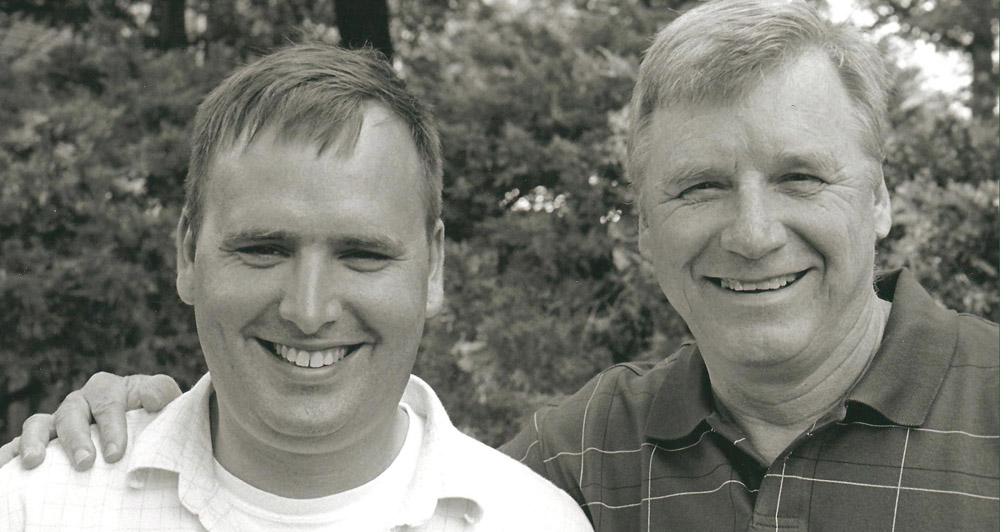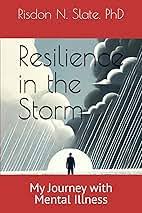
Celebrating with Patti
(11-21-25) My wonderful cancer doctor, Dr. Alexander Spira, with Virginia Cancer Specialists, told me this morning that a recent CT scan showed the cancer in my right lung remains in remission. It has not grown or spread!
Studies show that 60 percent of the patients taking my life-saving medication live five years of more. I am coming up on my two-year anniversary.
Being told you have Stage Four non-small cell carcinoma (BTW: I never smoked) hits you like a bucket of ice water in the face. After receiving that diagnosis, I decided to retire from writing and focus on my health, my supportive spouse Patti, our grandchildren and our family. I also began checking off adventures on a bucket list.













